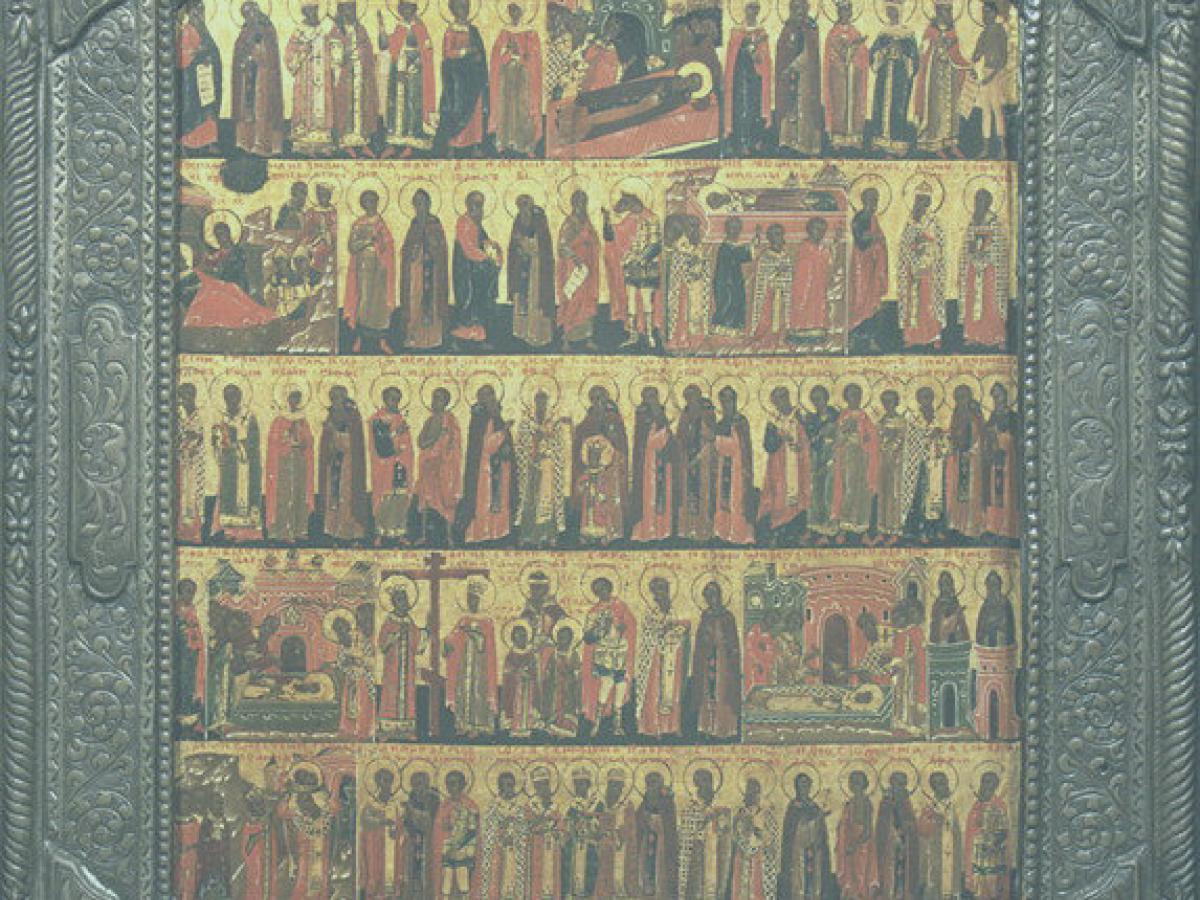I know a bit of Sami’s story – how he has arrived in the UK seeking asylum because his family found out about his faith and suddenly he was no longer safe in his own home. I’ve seen the scars he got from living through that story. And yet, when Sami manages to find a way to work under the radar to supplement the pittance he’s living on and make his days more meaningful, he is as generous with what he earns as he is with his time.
There’s something striking about the risky generosity I see in Ebrahim and Sami. I can’t imagine living through what they’ve endured, but they show up with gratitude, and give generously of the very little they have. They practice this risky generosity with no guarantee of return – not least because the church is so mindful of being taken in by a sob story that we make big demands before we’ll baptise or send letters of support for anyone. It challenges me. Despite the fact that I’m the rich one, my asylum seeker friends seem closer to the attitude of the first Christians than I am.
It particularly challenges me when I then read stories about small boats, Home Secretaries and Rwanda. Because somehow people like Ebrahim and Sami seem to go missing in all the debate.
I’m not in a position to solve immigration, and I’m not for a second pretending it’s not complicated. But I thought about Ebrahim, Sami and John Barclay again when my children’s CofE primary school told me what they were teaching my boys about British values and Christian values. It’s probably no surprise that there was no mention of this kind of risky generosity that was in fact a hallmark of the first Christian communities and that I think I’ve seen in these brothers from another nation. I think that’s a shame.
There’s no doubt that the Bible talks clearly about God providing for his people –wealth is not bad, and Jesus’ call to give it all away came to one particular person rather than to every follower. But God’s own generosity runs like a thread throughout the story told in Scripture.
Maybe that’s why Paul writes that ‘God loves a cheerful giver' . The original Greek word translated ‘cheerful’ there is hilaron and we get the word ‘hilarious’ from that root. It might not be funny, but within the conversation we tend to have about wealth it is surely laughable for Ebrahim to give away a bag full of goodies when he has nothing? It’s risky, certainly: better to hold onto the money as you might need it next month if the Home Office moves you without warning again. And yet, he gives.
And because he gives, he challenges me. If John Barclay is right – and I think he is – Christians have always been the kind of people who take risks to welcome others into their community. That makes no sense if you’re trying to keep your own food and energy bills down in the face of inflation. It’s laughable, in fact. But apparently, that’s the kind of giver God likes – a hilarious one!
I think he likes that kind of giver because when he looks at them he sees the image of his own generosity. After all, according to Genesis, that’s the image humans were made to carry. Seeing Ebrahim and Sami giving reminds me that for all the complexity of the immigration debate these are human beings. Their risky generosity challenges me to live up to the actual values of the first Christian community.







